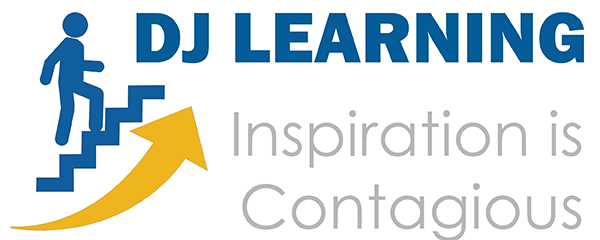Each of us have our individual management styles which are constantly developing and are then applied in our own unique workplace environments. This of course clearly implies that our own managerial style(s) are never formulaic.
However, there are several key factors that can influence an individual’s management style and the way it may need to evolve:
- The type of work that an organisation undertakes; for example, Is it private or public sector?
- The workplace culture; for example, is it highly participative or more command and control? (both environments can work to extremely good effect for all parties)
- The prevailing management style in the organisation; how far are you expected to conform?
- The type of manager you want to be; how important is your individuality and personal brand in the context of organisational expectations?
- Managerial role models from within and outside an organisation; we can constantly learn from others and make informed decisions about what aspects of someone else’s managerial philosophies we adopt/adapt then possibly internalise
- The level and span of managerial responsibility within an organisational structure
- The organisations’ reward and recognition strategies; how far do these strategies drive managerial behaviours?
- The importance of employee opinion and how this is represented
- The attitude of the employees that report to you. Employee attitude is a key concept – ‘Betari’s box’ says ‘My attitude, affects my behaviour, affects your attitude, affects your behaviour’ https://www.mindtools.com/pages/article/newCS_82.htm
Without doubt then, each of us are unique as individuals and in terms of our management style(s). Further we need to recognise that parts of our preferred managerial style(s) will be because of who we are, the rest being what we’ve learnt (and will continue to learn) along the way. Clearly our appetite to embrace the philosophies of continuous personal development and lifelong learning are integral to us fulfilling our potential as managers.
Our managerial styles are then applied in complex organisational settings. In today’s world organisations look to embrace diversity, recognise and develop its people resource, have varying dependencies on technology and artificial intelligence, of course must look to navigate through the inevitable environment of relentless and ever faster internal/external change.
Of course, the way in which we manage will impact others, sometimes with lifelong implications. Think about managers you’ve worked with; for example, the way they made you feel, how they inspired you (or otherwise!!), how they valued your contributions. Your colleagues will be constantly evaluating how effectively you manage and the impacts of your approaches in these and so many other ways.
All managerial roles come with relative degrees of organisational profile.
There have been many studies about management styles which are there to facilitate our understanding about our own individual approaches.
For example, according to the ‘Management study guide’ http://www.managementstudyguide.com/management-style.htm the styles are as follows:
- Autocratic
- Paternalistic
- Democratic
- Laisez-faire
- Management by walking around
You may find it helpful to access this source (and others) to continue to develop your understanding about your own managerial style(s); take the time to reflect on your discoveries, think about how far you are developing into the type of manager who aspire to become.
Here are some of Oliver’s initial reflections around his own managerial style;
Whilst it will depend on several of the factors (mentioned above) that influence a management style, broadly speaking (And from my own experience), I have always found working with people with different styles to me to be a learning experience. Sometimes, you can look at something from a completely different viewpoint and that tends to be a good thing. I can say that my management style is best described as ‘firm but fair’. I am results driven and I am clear about standards and expectations, for both me and my team. I always believe in having a balance though and I always made sure as a team we had a monthly night out (which was very popular and well attended) just to have a change of mind.
So, looking forward, we hope you take the opportunity to consider, maybe even discover your own managerial style (s). Look to explore what may be realistically achievable in terms of your own managerial development and to continue to habitualise the practice of your lifelong learning and development.
We hope you have enjoyed our latest blog, please let us know what you think.
David and Oliver




